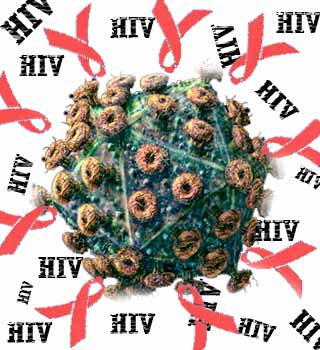
Researchers at the Gladstone Institute of Virology and Immunology (GIVI) and the National Institutes of Allergy and Infectious Diseases (NIAID) have discovered a new gene that may influence the production of antibodies that neutralize HIV.
Dr. Greene, senior author of the study mentioned, “This newfound link between Apobec3 and the production of neutralizing antibodies came as a complete surprise. We set out to solve a 30-year old mystery in retrovirus biology and in the process made a discovery that might impact future development of HIV vaccines.”
While commenting on the study, Gladstone scientist Mario Santiago, PhD remarked, “We now have a host factor needed for the production of neutralizing antibodies that HIV targets and destroys. This offers a fresh perspective on how to strengthen this arm of the immune response against HIV, with direct implications for immunotherapy and vaccine development.”
The team conducted a series of genetic experiments by mating mice with different genetic profiles of Apobec3 and Rfv3, a gene critical to recovery from retroviral infection in mice. They were able to identify that Apobec3, like Rfv3, contributes to the early control of retroviral infection in mice and also influences specific retroviral antibody responses. The scientists also found that versions of Rfv3 that fail to make antibody responses correlate with a natural defect in Apobec3 providing convincing evidence that Rfv3 and Apobec3 could be the same gene.
The present study sheds light on new ways that can be used for making an HIV vaccine that could possibly deduce antibodies. It also raises the chances that drugs or vaccines that interfere with Vif might allow humans to naturally make better neutralizing antibody responses against HIV.
The novel research is backed by an earlier study that shows the role of HIV to use one of its own proteins, Vif, to destroy two human Apobec3 proteins. Based on this, scientists suggest that Apobec3 may help the immune system make neutralizing antibodies against retroviruses. This destruction of Apobec3 proteins by Vif might actually help explain why most people do not make neutralizing antibodies against HIV.
The study is published in the September 5 issue of Science.
